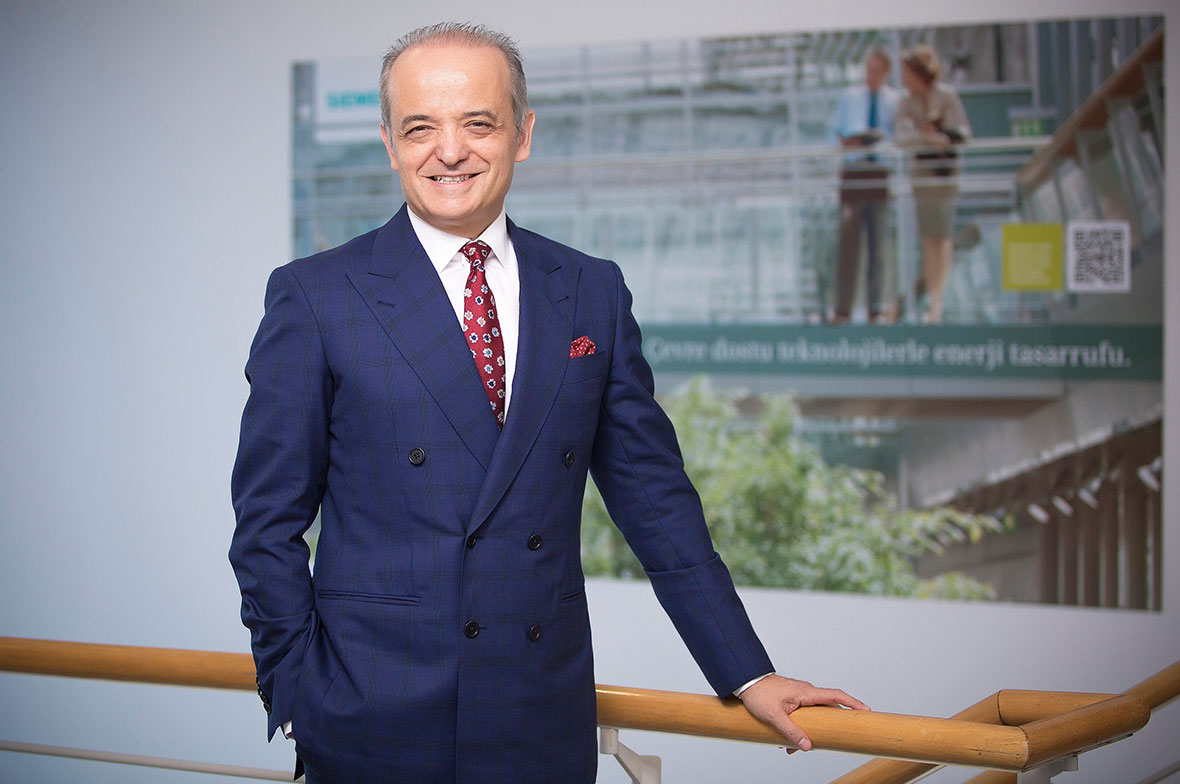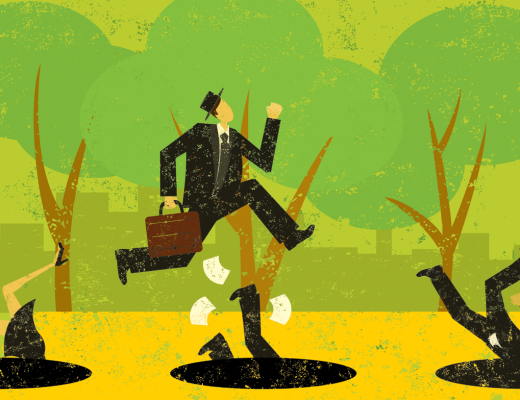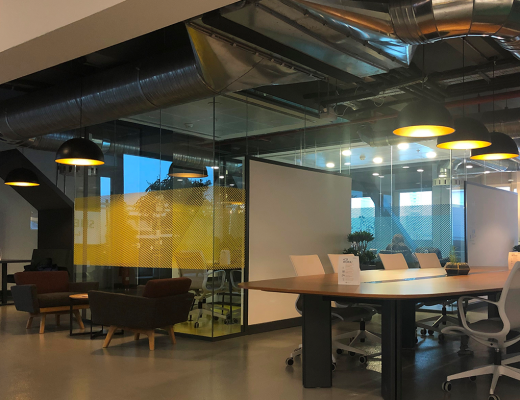As the original texts are written in Turkish, English translation is provided for non-Turkish readers. The author apologizes in advance for any and all possible changes and losses in meaning due to translation.
When I started my career at Siemens, it was a global company with 129 years of history and operating in more than 100 countries. Back then, not everyone had a phone line like they do now. Phones were only given to employees at specific positions. There was no internet or fax yet and the most common communication tool was Siemens’ T1000 Teleprinters. Yet again, this did not change the fact that Siemens was a vast network operating globally. And I was wondering how this network operated in full harmony. That is how my desire to work abroad emerged. I had an endless curiosity for the “new”, which has always fascinated me, and an appetite for knowledge. My personal trait that kept my life “dynamic” has always been the curiosity for the “new”, in other words the “unknown, unfamiliar.” For instance, today, I find it remarkable how social media changes our lives and social system as a new concept and it will probably affect all future generations. This curiosity for the “new” resulted in me moving from Germany to USA and made this decision the most important turning point in my life.
I must confess that as a man raised within the Turkish and German cultures that approach towards almost everything with suspicion, American lifestyle of welcoming every new idea without any prejudice, simply saying “this is amazing” seemed very “superficial” to me at the beginning. However, then I understood that approaching ideas primarily from the “positive side” is just another perspective. Especially what I, myself, experienced at Silicon Valley was that people were enthusiastic about hearing about and, furthermore, investing in new ideas. This was probably my first contact with the “diversity” phenomenon in a different dimension. I realized that when we, humans, can change and shape a lot more while working in different countries and functions. More importantly, we become more open to developing new perspectives. I can say this has been the most important turning point to shape my career. But, not this alone.
When we moved to India with our 3 kids, both my family and I faced substantial changes in our lives. We had never lived in a society where social discriminations were so sharp and visible. I was concerned that my kids would witness a very poor and inflexible society, which is a direct result of their lifestyle. In fact, I must confess that I even thought about covering car windows with dark-colored curtains so that my kids would not be shocked by the real life in India. Of course, we did not do that, and we allowed our kids to face the society they live in and learn what happens around them. They constantly asked questions to us and we explained everything without changing or hiding a single thing. One year later, it was our kids who explained the situation of the Indian people with empathy and tolerance to our guests at home.
And another surprising thing we learned was that the caste system in India created both the privileged group called the “Untouchables” and also the sense of “philanthropy and tolerance” which is the foundation of the Indian society. When I found out that my chauffeur, whose monthly salary was perhaps 100 dollars only, was taking a huge pot of lentil soup to the poorhouse once a week, he was embarrassed, because he thought such deeds had to be done without anyone knowing. What I realized was that the quantity of contribution doesn’t matter. What matters is this: Individuals within the masses, those who keep the system alive continue to contribute even in a modest and small way. My experiences in India has a special place in my life in many different aspects.
Lastly, I would like to say that being “different” in your environment doesn’t mean you should accept the roles given by the society as they are. In my opinion, this is one of the important turning points in many lives, including mine. My experience goes back to my school years. As my grandfather had emigrated as early as 1924, I knew very well what it was like to live in a foreign society. In the school, maybe I was the kid who is not “German”, but for me this was never a problem because there was an impressive example right before me: A school friend who challenged his physical disabilities and established himself as he is. He not only rejected the roles “given” to him by the society because of his physical condition, but also overcame difficulties by establishing himself “different”. Moreover he “shone” with his differences in his social environment. This has been the most striking example to show me that differences can make people unique and bring them to the fore. When you accept your “different” qualities as they are, you also accept the fact that the this is your chance. Having a friend like him has been a turning point, not only in my professional life, but also in my whole life.






No Comments